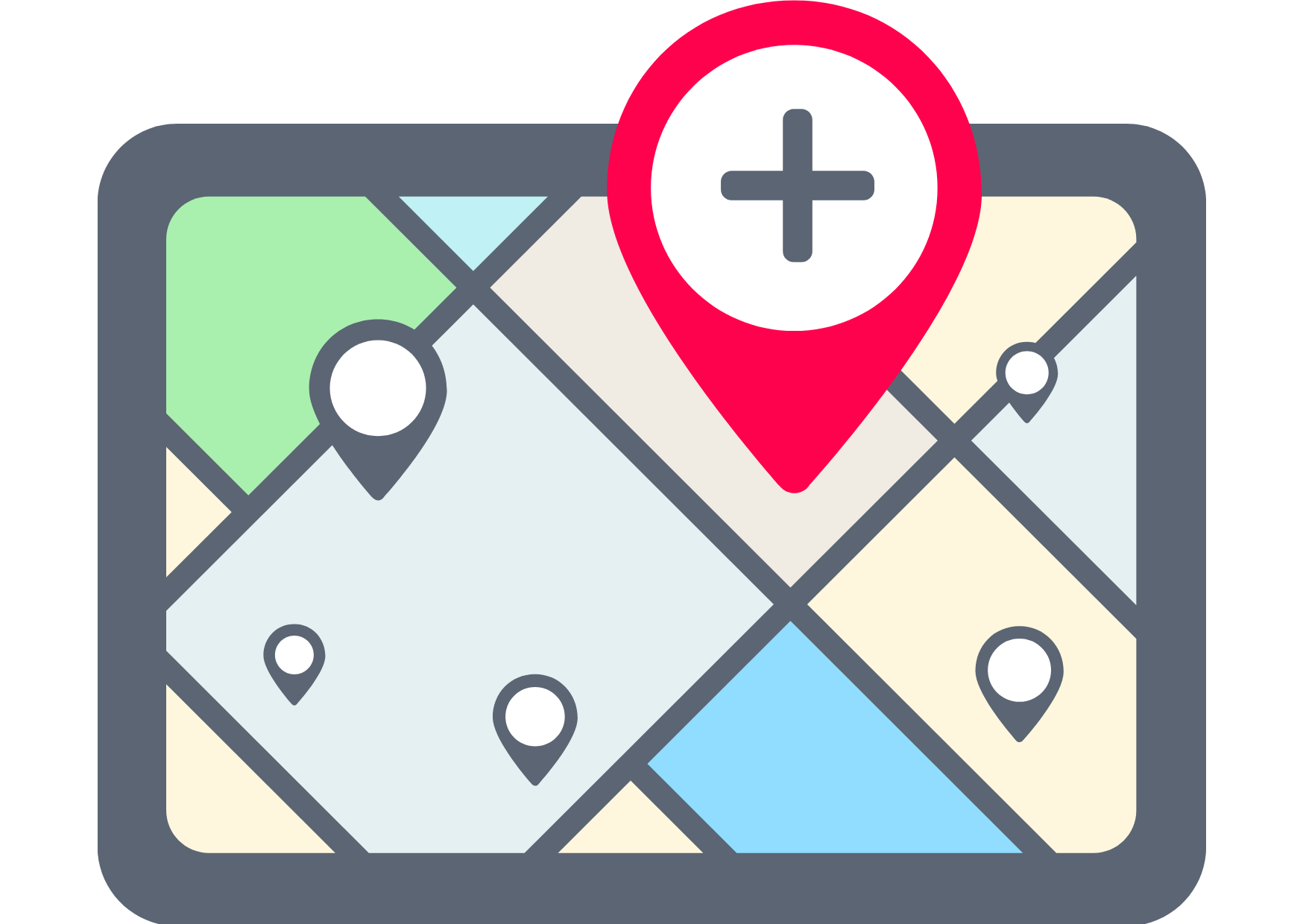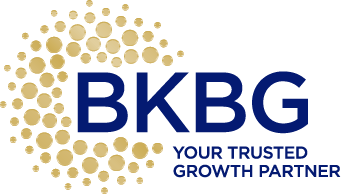How to Outrank Your Competitors in Local Searches
As a business owner, you know a successful company isn’t built overnight. Likewise, climbing the search engine rankings is not a one-day task. There’s a certain amount of work involved, but the rewards are well worth it.
Search engine ranking matters. It's always mattered, since the dawn of search engines. And the simple fact is, your search engine ranking will always be vital to your brand's success. Consider that 75% of users will never click past the first page of search results—that means a pretty good ranking isn't good enough. If your competitor is on the first page of Google’s search results and you’re on the second page, guess where your potential customer is headed... probably not to your site.
So how do you outrank your competitors? Unfortunately, there's no single answer to this question. Increasing your search engine ranking involves a combination of tactics that can depend on your business vertical, customer base, location, and frankly, who you talk to. Different marketing experts will, undoubtedly, recommend different approaches.
But no matter your line of business or location, there are simple steps you can take, basic building blocks you can use, to begin the process of boosting your local business’s search ranking.
Register Your Company with Local Business Directories
There's an abundance of business directories out there. Some are general, like Google Business or Bing Places. Others are very specific, like realtor.com or Houzz. Registering with business directories (and Google Business Profile) is an important step in getting your site ranked higher in search results.
The benefit here is two-fold. First, business directories provide search engines with verified information about your business, such as your location, contact details, and operating hours, helping to improve your online visibility and credibility. Each listing acts as a backlink, enhancing your website’s authority in local search results. And second, being present in these directories allows potential customers to find you more easily and helps establish trust, which can lead to higher traffic and conversions for your business.
Ensure Your Name, Address, and Phone Numbers Are Consistent
If you’re fortunate enough to have a simple physical address and single phone number for your business, you may not have trouble keeping your business contacts consistent across the internet. But most businesses aren’t that lucky.
Search engines (especially Google) like it when things are consistent. Be sure your company name and address are the same wherever they’re listed. This means same spelling, same abbreviations, same punctuation.
If your address is listed as 123 S Main on your Google Business Profile, but it’s 123 South Main Street, Suite 101 on your website, there’s bound to be a disconnect. You don’t want Google (or your customers) to be confused.
Settle on a format for your physical address and always reference it in exactly the same way—on your website, in directory listings, on social media, and everywhere else.
Same goes for phone numbers. Do you have a toll-free number and a local number? If you want to reference them both, that’s fine. But be sure you reference the same numbers everywhere. If it's too hard to keep track of your toll-free and local numbers, it's best to just pick a single contact number and stick with it.
Include Local Keywords on Your Website
When non-marketing folks see the term “keyword” they sometimes get a little tense. There's a lot a massive amount of information floating around about keywords and their role in marketing. Don’t worry, this isn’t going to be a full-blown lesson in SEO.
If you're new to SEO and keywords, understand that optimizing your web pages and blog with local keywords is as simple as including your location and likely terms your customers are searching for in your content. Do you run a yoga studio in Detroit? Work phrases like “Detroit yoga studio” and “beginners yoga in Detroit” into your content.
Sure, SEO and keywords can get much more advanced. But when you're just starting out, the point is identifying the words and phrases your customers are likely to search for, then including those generously (without overdoing it) throughout your website and blog.
But be careful—Don't randomly use keywords and phrases in a way that doesn’t make sense with your content. And don’t just place words haphazardly around a web page. Search engines will prioritize websites with in high-quality content in search results. Sites with interesting, helpful content routinely rank higher than sites with low quality content. Take the time to use keywords and phrases in a way that flows seamlessly with the rest of your site copy or blog post.
It’s a Marathon, Not a Sprint
The sites you see on Google’s first page of search results are there for a reason—they're working for it. They understand building a strong online presence develops gradually and with consistent effort.
Climbing through search engine rankings requires ongoing adjustments, content updates, and patience as algorithms evolve. By focusing on sustainable strategies and consistently providing value to your audience, you’ll lay the groundwork for long-term visibility and lasting results that surpass any short-lived, quick fixes
Ready to take your search ranking to the next level? Give Locallogy a try. We’re pros at moving local businesses up the search engine ranks.
Get the Latest Content in Your Inbox
Want to be the first to know about new content? Sign up to get our weekly blog posts sent to your email!







